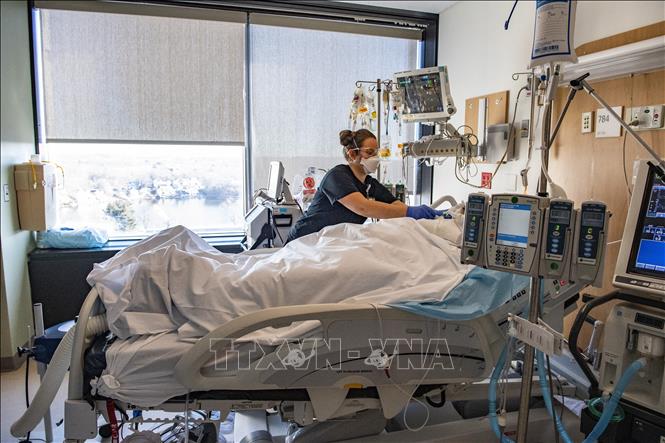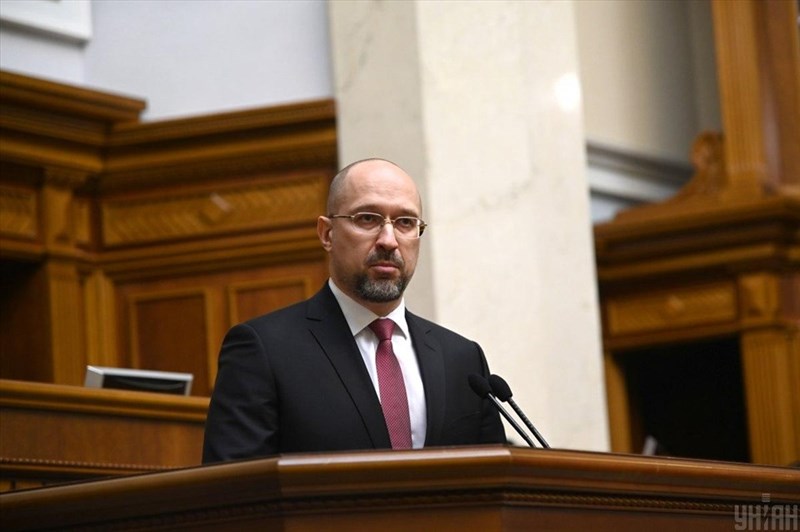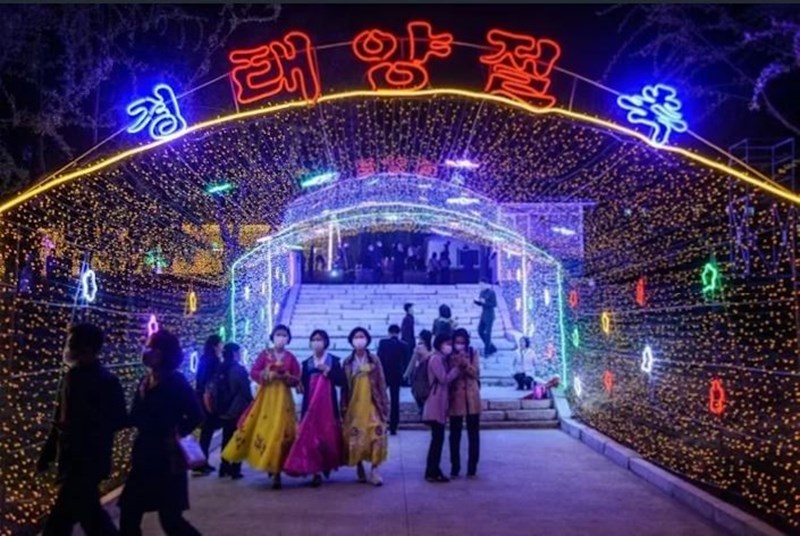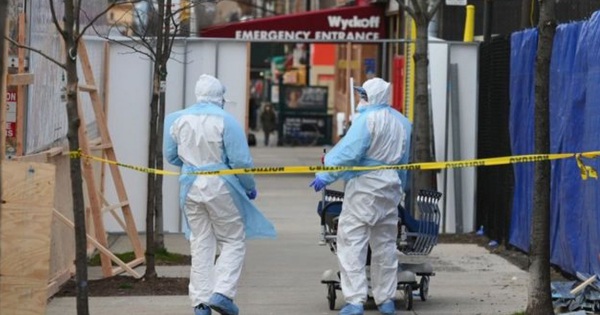Sleep disturbances in people after COVID-19

Respiratory and sleep specialist Megan Rees, of the Royal Melbourne Hospital, said people can experience sleep problems during the acute phase of COVID-19 illness, in the weeks and months that follow.
According to Dr. Rees, at least 30-50% of people with COVID-19 report a decrease in the quality of their sleep after contracting the disease. Among them, there are people who have difficulty falling asleep when they want to sleep and there are people who often feel tired and want to sleep during the day. In addition, there is another condition known as circadian rhythm disturbance, when the person is unable to wake up or go to sleep at the usual time.
Dr. Rees thinks the condition can be caused by a variety of factors. The SARS-CoV-2 virus can cause inflammation in the body, and those inflammatory substances can disrupt sleep. In many cases, this inflammatory substance makes the body tired faster, makes people want to sleep at different times, or can disrupt the body’s natural circulation.
People with persistent COVID-19 syndrome, including those with mild symptoms, can have an inflammatory response that lasts for at least eight months after contracting the illness, Australian scientists say.
Dr Rees says sleep is a complex process that requires the smooth coordination of many different parts of the brain. Persistent symptoms such as chest tightness and shortness of breath – two common symptoms in people recovering from COVID-19 – can also cause sleep disturbances. In addition, changes during isolation for healing and recovery can also affect sleep habits.
In addition, according to respiratory doctor Anthony Byrne, anxiety often arises when the body is not well can also lead to sleep disturbances. Previous studies have shown a link between anxiety and poor sleep quality.
According to Dr. Byrne, research shows that people with COVID-19 also face increased anxiety, so sleep disturbances are a consequence.
Explaining this situation, Dr. Byrne said the circadian rhythm is a natural rhythm of the body, which means that people have a certain amount of circulating melatonin and other factors in the blood that allows the baby to function. people fall asleep at night. However, when people are anxious, the neurotransmitters in the brain will be overactive, making it difficult for the body to rest.
Anxiety is known to be closely linked to insomnia, which occurs when people are too stressed and even when the stress goes away, insomnia can continue.
Dr Byrne emphasized that while sleep disturbance after COVID-19 is a big problem, some sleep-related problems may be present before the person has COVID-19. For example, sleep apnea is a factor that makes COVID-19 worse, but often goes undiagnosed.
Therefore, according to Dr. Byrne, in order to fully understand post-COVID-19 sleep disorders, a comprehensive assessment of pre-existing health problems and sleep habits is needed.
According to Dr. Rees, from experience with patients with prolonged COVID-19 syndrome, symptoms will improve over time. To improve sleep, patients need to adhere to a regular sleep cycle, avoid blue light from mobile devices and limit alcohol, beer and tobacco use. Meanwhile, Dr. Byrne also encourages patients to use melatonin to treat sleep disorders.
at Blogtuan.info – Source: baotintuc.vn – Read the original article here



